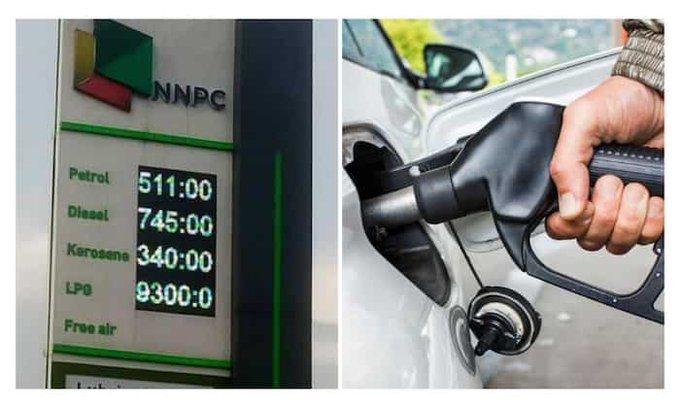The cascading effects of such a steep increase in fuel prices on the cost of living, transportation, and essential goods and services are deeply troubling.” – Mazi Afam Osigwe, NBA President
The exchange rate has dropped by 1.6% to N1,621/$, causing a surge in the cost of imported petrol. Private depot owners in Lagos have increased the depot price of petrol to over N960 per litre, a 35.2% increase.
This means consumers will pay more for fuel, as the government passes on the high cost of importation to the people. The much talked about PMS from Dangote refinery is yet to hit market.
Adedapo Segun, Executive Vice-President, Downstream, NNPC said: “If you look in section 205 of the PIA, that’s the Act that gave birth to NNPC Limited, it tells you that petroleum prices or fuel prices were based on unrestricted free market conditions.”
The current landing cost of petrol, including product cost, finance cost, freight, port charges, insurance, storage, and regulatory fees, is over N1,200 per litre. NNPC Ltd and major oil marketers sell at N895 per litre, while independent marketers sell at between N900 and N1,000 per litre.
“Everyone will compete for market share, and the quality of service will improve. That feeling of entitlement by marketers or companies in the business will go away because they will compete against each other to serve consumers better,” Segun
Transport fares have risen by over 100% to N3,000 to commute from Victoria Island to Mile 2, a distance that used to cost about N1,500 before the latest fuel price hike. Illegal operators are cashing in on the confusion, hawking petrol in cans at exorbitant prices.
Stakeholders, including the Nigerian Bar Association, have called for the immediate reversal of the new price regime, citing the devastating impact on Nigerians already grappling with inflation, unemployment, and hardship.

